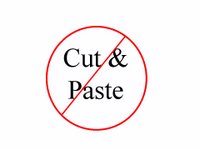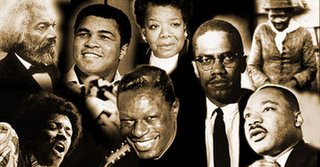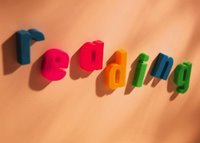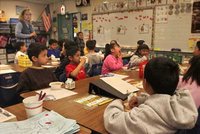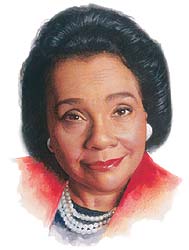 Lessons learned after the disaster
Lessons learned after the disasterThe destruction wrought by Hurricane Katrina exposed for all the world what many of us have long known: America remains deeply divided by race and class. The lack of opportunities for poor people and people of color continue to have devastating consequences. As Americans watched in horror, Katrina children were left behind by the storm and subsequent flooding.
According to Robert Rothman, the implications for education are obvious and profound. Although leaving no child behind is national policy, many of our children didn't see national policy enforced in the aftermath of the hurricane. Many educators say that the Katrina debacle is just one more example of many of our children lack the same resources as their peers.
Read Rothman's report in Voices in Urban Education, a publication of the Annenberg Institute for School Reform, Brown University.
Related: Separate but Equal? Schooling Of Evacuees Provokes Debate, Katrina became symbol of U.S. racial, social divide
Tags: Hurricane Katrina, Educational Equity, Education, Social Equity, Education by Sistrunk
